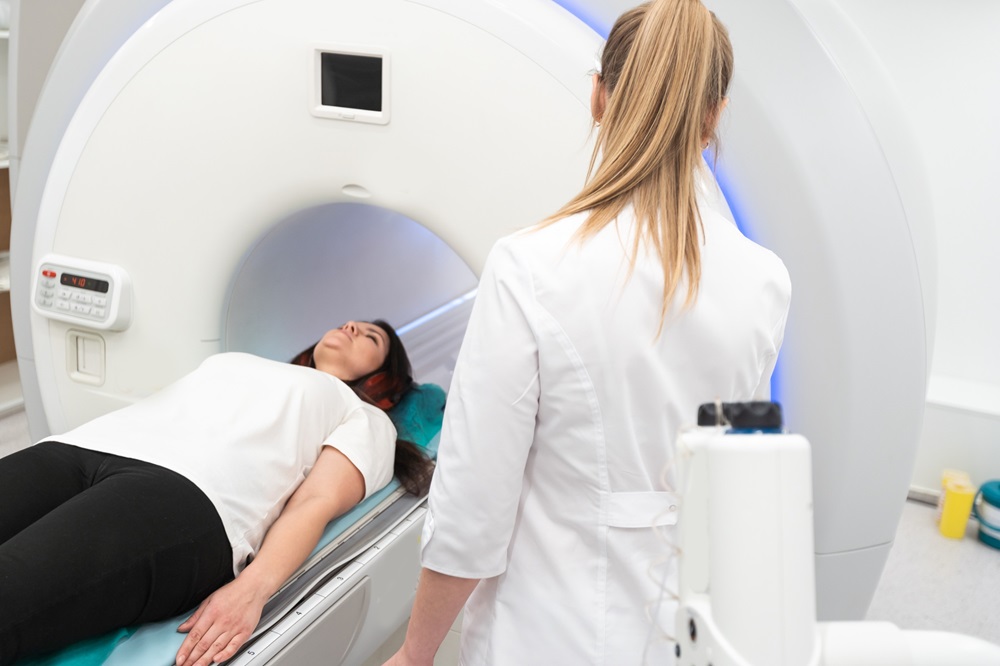MRI Can Help Assess Endometriosis for Improve Patient Care
Posted on 09 Jan 2024
Endometriosis is a common condition affecting females that is usually characterized by pain. The origins of this pain are not fully understood; however, it's known that in certain instances, nerves in the pelvis can become entrapped in endometriosis. This entrapment can involve various nerves, including the sciatic, obturator, femoral, pudendal, and inferior hypogastric nerves, as well as the inferior hypogastric and lumbosacral plexuses. Such neural involvement may manifest as pain, weakness, numbness, incontinence, or even paraplegia. Laparoscopic excision is a common treatment approach, and identifying the affected neural structures is crucial for surgical planning.
Researchers at Cleveland Clinic (Cleveland, OH, USA) have demonstrated that MRI can be a valuable tool for clinicians to evaluate neural involvement in endometriosis, aiding in the prevention of irreversible nerve damage and chronic sensorimotor neuropathy in affected women. While endovaginal ultrasound is utilized to "map" endometriosis lesions, MRI provides a comprehensive field of view and high spatial resolution, essential for producing reliable images of the pelvic nerves. This is particularly true with advanced techniques such as high-spatial-resolution anatomic imaging, including three-dimensional isotropic imaging, and contrast-enhanced 3D short inversion time inversion-recovery (STIR) fast spin-echo sequences.

The insights gained from MRI about the condition of pelvic nerves entrapped in endometriosis are critical for formulating an effective treatment strategy. Radiologists must assess the pelvic nerves typically affected by endometriosis during MRI evaluations to ensure that these findings can be used effectively in treatment and surgical planning to avoid nerve damage. Utilizing MRI may enhance patient outcomes in managing endometriosis, especially considering that the involvement of pelvic nerves in this condition is often under-recognized and under-reported.
"Early identification of nerve involvement in endometriosis is important for patient counseling, treatment planning, and determining the surgical approach," concluded the researchers. "Radiologists who interpret pelvic endometriosis studies should identify the pelvic nerves involved in endometriosis and report this information to the clinician for treatment planning and improved patient outcomes."
Related Links:
Cleveland Clinic






 Guided Devices.jpg)







